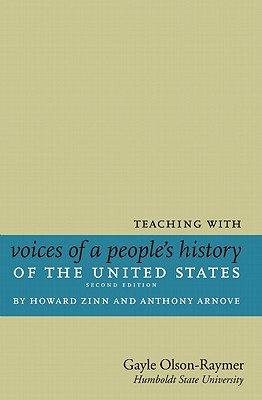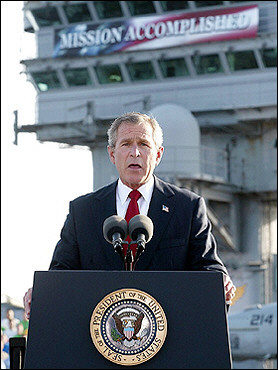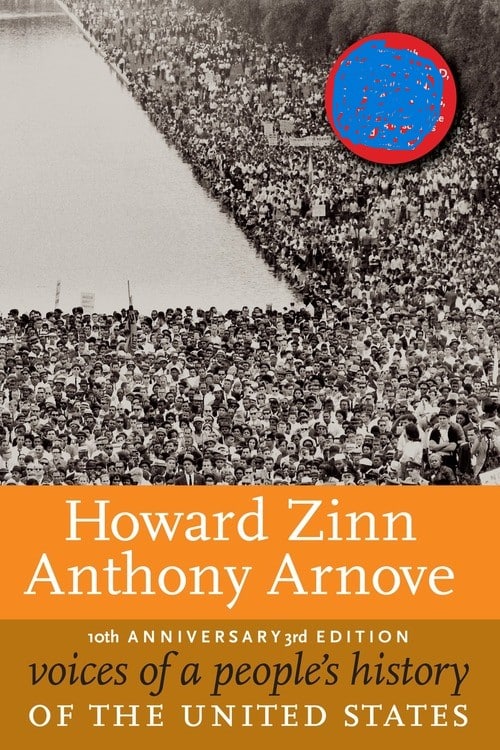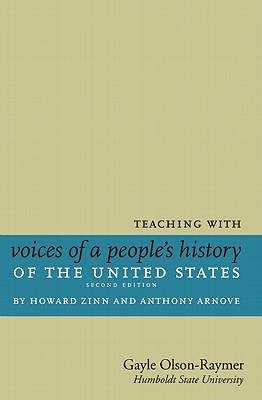
Everything seemed changed in the world after the tragic events of September 11, 2001. Or was it? True, people in the United States experienced a very real fear. After all, it was the first time we were attacked on our own soil. But when we truly subject the rhetoric of the Bush administration to scrutiny, it becomes clear that much did not change. The politics of fear are part of our history. If we move backward to Salem in 1692 or move forward to McCarthyism in the 1950s, it is easy to recall the politics of fear that encouraged irrational reactions to perceived threats. Internal enemies have always threatened the status quo; they were Loyalists in the eighteenth century, Communists from the mid-nineteenth century through 1989, and today they are terrorists.
 Since September 11, 2001, the balance between civil liberties and security has often tipped in favor of the latter. But this imbalance is also part of our history. Only seven years after the Bill of Rights was signed, Congress passed the Alien and Sedition Acts. During World War I, a new and more virulent rendition of these acts became law. In the wake of September 11, we saw the passage of the PATRIOT Act. The voices in this chapter recognize that we are fighting old enemies in a new political package. They ask us to listen carefully to the reasons the Bush administration gave for the wars in Afghanistan and Iraq. They ask us to learn from our past mistakes and to question governmental decisions that have lead us into new wars.
Since September 11, 2001, the balance between civil liberties and security has often tipped in favor of the latter. But this imbalance is also part of our history. Only seven years after the Bill of Rights was signed, Congress passed the Alien and Sedition Acts. During World War I, a new and more virulent rendition of these acts became law. In the wake of September 11, we saw the passage of the PATRIOT Act. The voices in this chapter recognize that we are fighting old enemies in a new political package. They ask us to listen carefully to the reasons the Bush administration gave for the wars in Afghanistan and Iraq. They ask us to learn from our past mistakes and to question governmental decisions that have lead us into new wars.
Reprinted from Teaching with Voices of a People’s History of the United States, published by Seven Stories Press.









Twitter
Google plus
LinkedIn